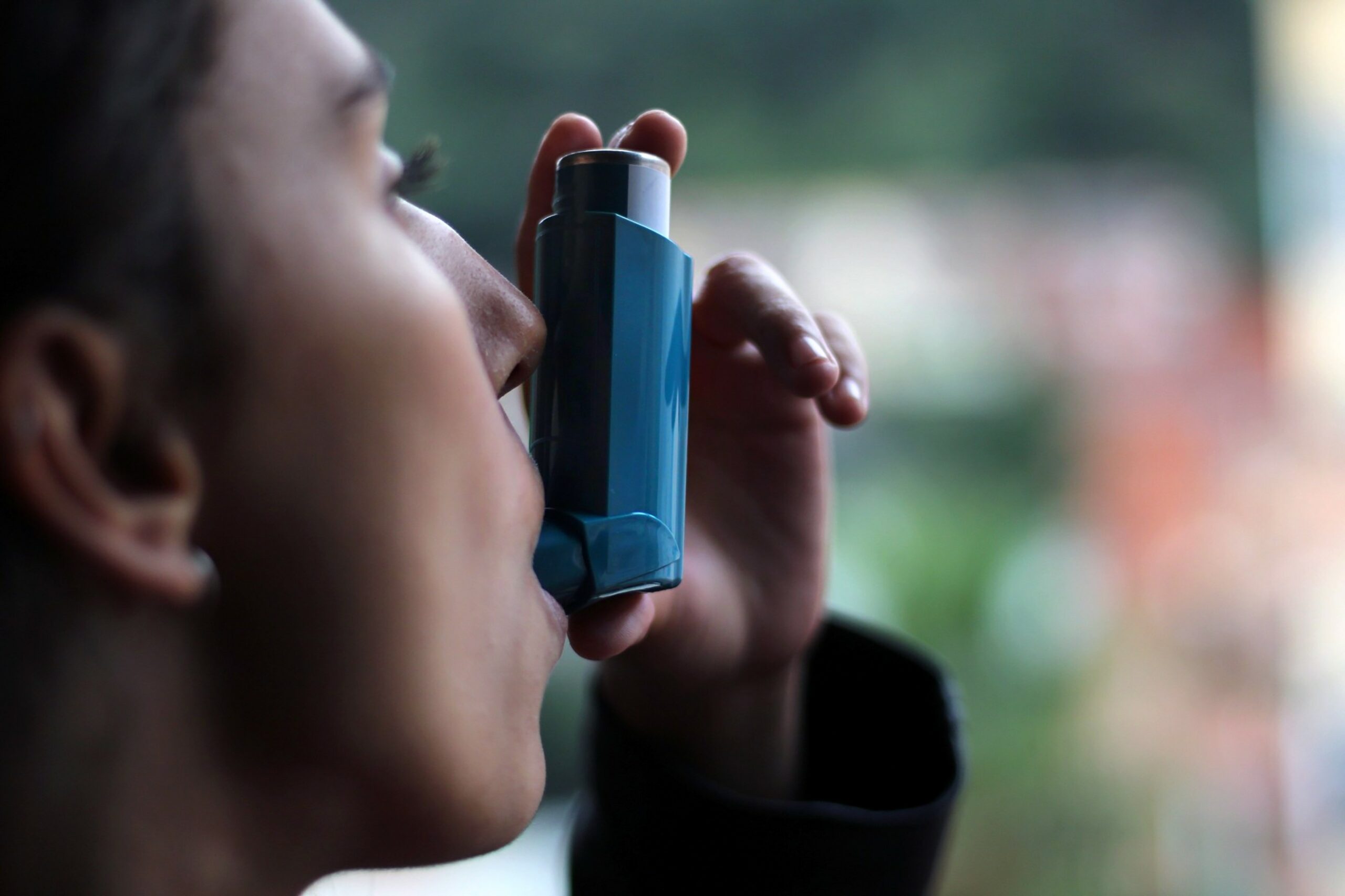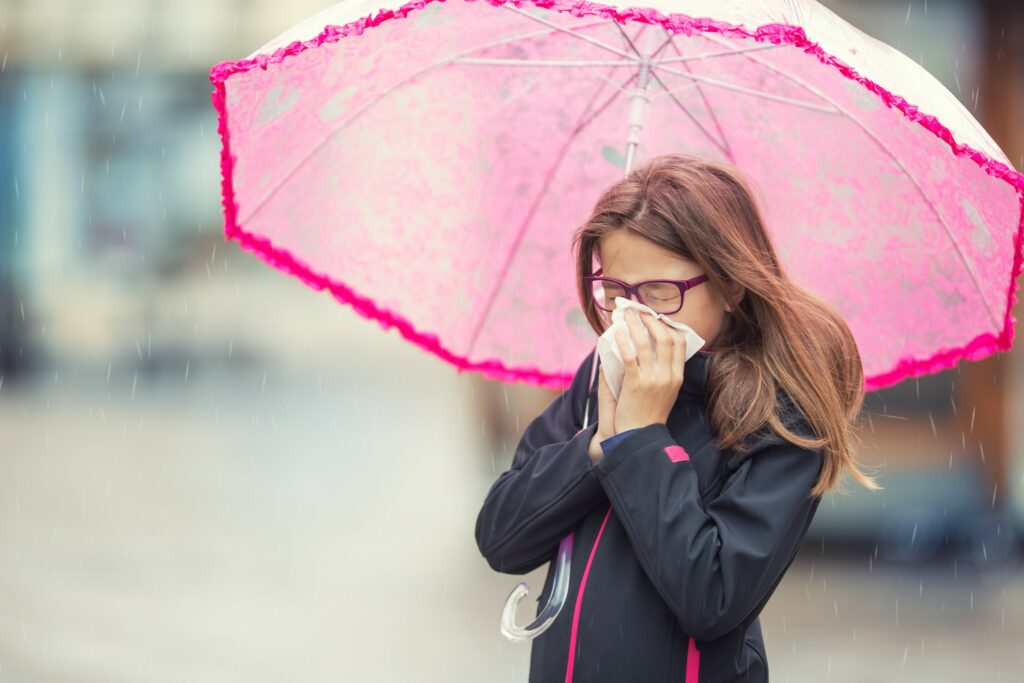
Heavy Rain, Flooding, and Chance of Severe Weather Staring Down the Southern U.S.
January 22, 2024
Posted: May 19, 2023 10:09 am





Thunderstorm season is in full gear just as many allergy sufferers are dealing with the onset of spring allergens and the resulting asthma attacks.
Are thunderstorms and asthma attacks related? Scientists are zeroing in on how the typical spring weather pattern can often aggravate the symptoms of asthma. Here is what you need to know.
Everyone understands the typical risks of thunderstorms. In addition to torrential rain, these storms often pack strong winds, large hail, flash flooding, and the threat of tornadoes. What some people do not know is that thunderstorm activity can also cause asthma flare-ups.
The term “thunderstorm asthma” was first researched in the 1980s when medical experts began to notice a correlation between the onset of stormy activity and asthma attacks. Thunderstorm asthma is now used to describe the attack that begins or worsens after a thunderstorm moves through the area.
The phenomena was documented in 2016 in Melbourne, Australia. Over 9,000 people needed medical treatment for asthma symptoms after a large cell of storms moved through the city.
At least eight fatalities were attributed to the asthma attacks when medical treatment centers became overwhelmed with those seeking care. Although this is an unusual event, it is important to understand the risks if you think that you may be susceptible.
The revelation that storms can trigger an asthma attack can be confusing. This is because rain tends to reduce pollen levels in general. The rain washes away these pollen particles from the air, typically bringing relief to people who tend to see a higher incidence of asthma attacks caused by seasonal allergies.
However, the strong winds associated with thunderstorm activity also work to raise the pollen levels before the rain is able to wash it away.

It is not unusual for strong winds to come in ahead of a line of storm cells. These winds whip up the pollen before it gets a chance to lower the counts. Wind rushing down from the storm clouds headed toward the ground brings up air particles such as pollen.
These particles are then brought up into the clouds where they mix with the high humidity levels and potential lightning to break them down to a size that is small enough to travel into the nose and the lungs.
Large amounts of these allergen particles can be inhaled during this process, triggering the asthma attacks in vulnerable populations.
Warm temperatures and high humidity levels can also worsen the situation for allergy sufferers. This problem is worse in patients already dealing with asthma.
Because the airways in asthma patients are typically already inflamed and irritated, they are more sensitive to weather changes as well as an increase in triggering particles.
According to the Asthma and Allergy Foundation of America, more than 25 million Americans are asthma sufferers. While these people usually have a plan to deal with an impending attack, there are also many individuals who have gone undiagnosed and experience the asthma symptoms for the first time when thunderstorms ignite.
It has also been shown that some people who do not typically experience asthma symptoms may experience an attack triggered by thunderstorms if they have previously been dealing with seasonal allergies.
Being aware of this possibility will help allergy sufferers to be prepared for an asthma attack during an outbreak of severe weather. This knowledge can also guide emergency rooms to be more prepared for a surge of people seeking treatment.
What can you do to prepare for the potential of a thunderstorm asthma attack? Doctors remind asthma sufferers to be aware of the potential of severe weather in your area. This is particularly important for people who live in a part of the country that is challenging for asthma sufferers.
Remaining indoors when severe weather is on the horizon will help you to avoid these flare-ups. Lastly, it is important to ensure that you have adequate supplies of medication on hand during severe weather season.
Did you find this content useful? Feel free to bookmark or to post to your timeline for reference later.

January 21, 2024

January 19, 2024

January 18, 2024